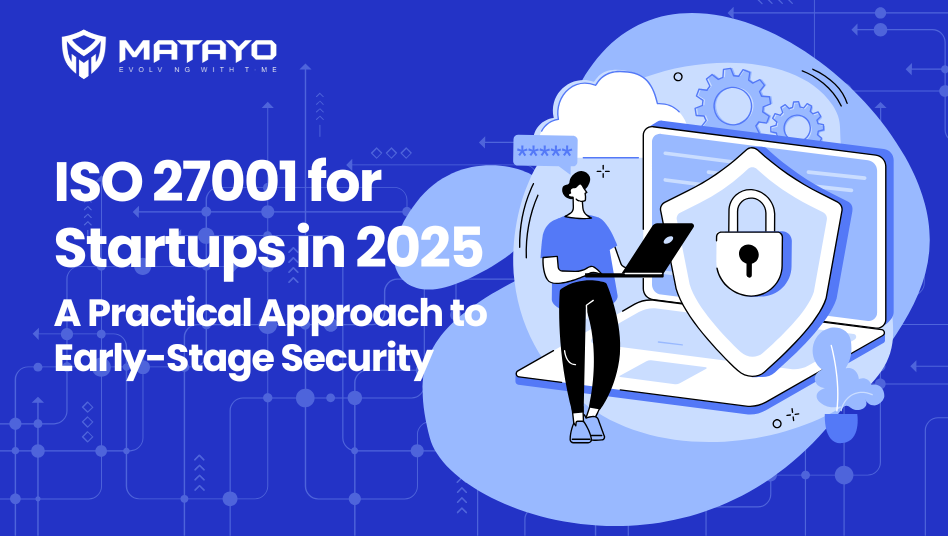In 2025, startups are building more than just innovative products—they’re building trust. As cyber threats grow increasingly sophisticated and well-funded, mitigating risk requires more than good intentions. That’s where ISO 27001 comes in. Far from being just corporate jargon, ISO 27001 provides a credible, structured framework for managing risks related to sensitive and confidential information. For startups aiming to scale rapidly and responsibly, adopting ISO 27001 from day one offers a strategic, scalable approach to information security—regardless of company size.
The Importance of ISO 27001 for Startups
Startups deal with loads of data—user credentials, financials, intellectual property—and any leak can be devastating. Unlike big companies, startups can’t afford to recover from a reputation hit or legal drama. ISO 27001 provides a reliable framework to identify risks, control access, and establish policies that keep things tight and tidy. Beyond safety, it also builds credibility with clients, partners, and investors who now see data protection as a make-or-break factor.

How Startups Can Adopt ISO 27001?
Getting ISO 27001 certified may sound intimidating, but startups can take it step by step. First, get leadership on board—security isn’t just IT’s job. Then, do a risk assessment: what kind of data do you handle, and where are the weak spots?
After identifying threats, draft simple security policies tailored to your size and needs. Assign clear roles (yes, even if you’re a team of three), and implement practical controls like access restrictions, encrypted storage, and secure communication. Start documenting everything—from your policies to your actions—because ISO loves a good paper trail. Finally, schedule internal audits to review what’s working and what’s not. Continuous improvement is key.

Start small. You don’t need to check off every box on day one. Focus on protecting your most valuable assets first. Use templates to draft security policies and risk registers. They’re time-savers and keep things consistent. Educate your team—even a basic understanding of phishing or password hygiene goes a long way. Automate where you can to cut down on manual errors, especially in monitoring and audits. And don’t let it gather dust—update your processes as your business grows.
Tools and Resources for ISO 27001
There’s no need to reinvent the wheel. Tools like Drata, Vanta, and Secureframe offer ready-to-go ISO 27001 workflows, templates, and dashboards to manage compliance without breaking a sweat. They’re ideal for lean teams needing speed and simplicity.
And if you’re looking for an affordable, user-friendly platform to streamline ISO 27001 processes from start to finish, Matayo has solutions built specifically for startups navigating early-stage security.
Conclusion
ISO 27001 is not simply a way to secure your backend, but an opportunity for growth. For startups, it helps close deals, obtain funding, and offers operating confidence. When you implement it, it develops a culture of security that your company can scale. So whether you’re pitching to VCs or onboarding enterprise clients, ISO 27001 shows you’re serious, structured, and startup-smart in 2025 and beyond.


